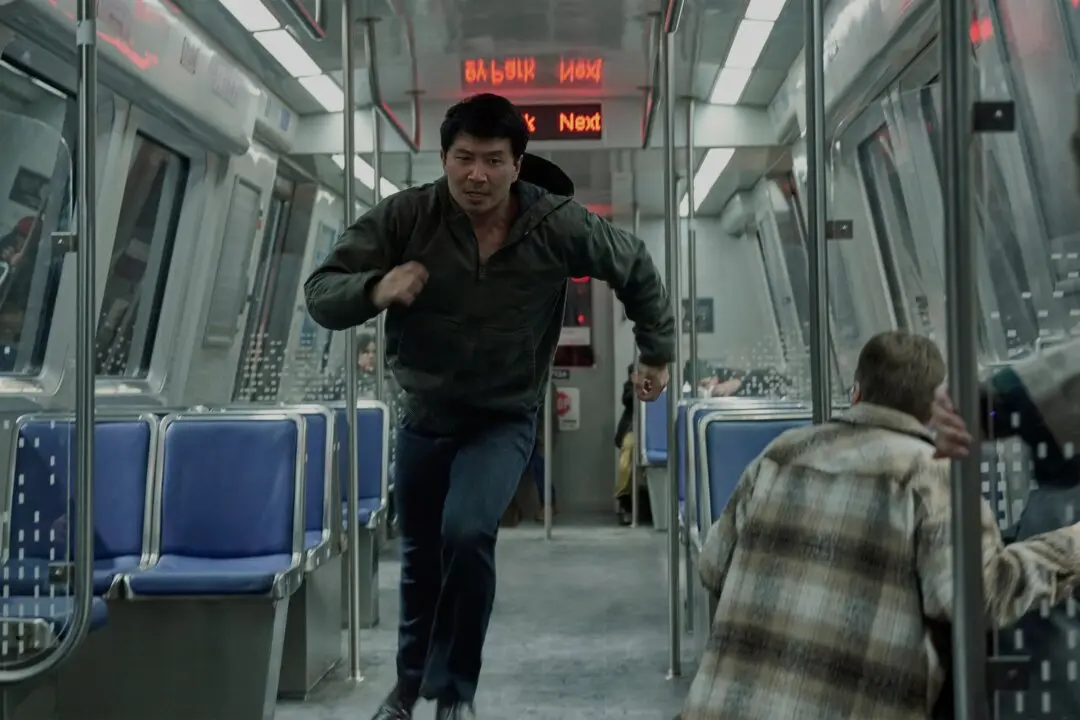It was like the Grisham novel John Grisham would never allow himself to write. To undermine the death penalty, a justly convicted death row murderer was wrongfully exonerated. Of course, that meant an innocent man had to be framed in his place. The result was a stunning two-fold miscarriage of justice laid out in Shawn Rech and Brandon Kimber’s rigorous documentary “A Murder in the Park.”
As the film’s interview subjects lay out pretty clearly, in 1983 Anthony Porter murdered Jerry Hillard and Marilyn Green in a Chicago park. During the course of a thorough investigation, the police concluded Porter was indeed the killer, but the prosecutor sent them back to further buttress the case. Porter was subsequently charged, convicted, and sentenced to death.
However, at the last minute, David Protess, a Northwestern professor, and his investigative journalism class stepped forward with apparently exculpatory information. The media embraced his narrative, building a groundswell to successfully end capital punishment in Illinois.



